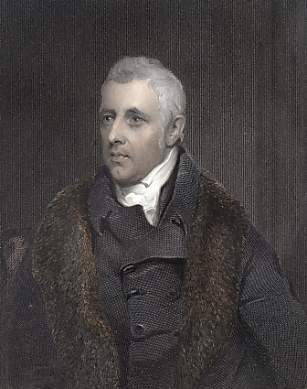Ryder is both a surname and masculine given name. Notable people with the name include:
Surname:
- Albert Pinkham Ryder (1847–1917), American painter
- Alfred Ryder (1916–1995), American actor, born as Alfred Jacob Corn
- Arthur W. Ryder (1877–1938) American professor of Sanskrit and translator
- Charles W. Ryder (1892–1960), US Army General
- Charles Henry Dudley Ryder (1868–1945), English army officer and explorer
- Chauncey Foster Ryder (1868–1949), American painter
- Cynthia Ryder (born 1966), American rower
- Deb Ryder, American blues singer and songwriter
- Derek Ryder (born 1947), English footballer
- Dial D. Ryder (1938–2011), American gunsmith
- Don Ryder, Baron Ryder of Eaton Hastings (1916–2003), chairman of the UK National Enterprise Board, responsible for the 1975 Ryder Report
- Donald J. Ryder, U.S. military lawyer, responsible for the 2003 Ryder Report on prisoner abuse in Iraq
- Dudley Ryder, 1st Earl of Harrowby (1762–1847), English politician
- Dudley Ryder, 2nd Earl of Harrowby (1798–1882), English politician
- Dudley Ryder, 3rd Earl of Harrowby (1831–1900), English politician
- Dudley Ryder, 7th Earl of Harrowby (1922–2007), deputy chairman of Coutts bank and NatWest
- Graham Ryder (1949–2002), English lunar scientist
- Henry Ignatius Dudley Ryder (1837–1907), English Roman Catholic priest
- James A. Ryder (1800–1860), American Jesuit priest
- Jeremy Ryder (born 1954), British musician known professionally as Jack Hues
- Jesse Ryder (born 1984), New Zealand cricketer
- John Ryder (disambiguation), multiple people
- Jonathan Ryder, pseudonym of American thriller author Robert Ludlum
- Margaret Ryder (1908–1998), British artist
- Michael Ryder (born 1980), NHL hockey player
- Mitch Ryder (born 1945), American musician
- Paddy Ryder (born 1988), Australian football player
- Richard Ryder (1766–1832), British 19th century politician
- Richard Andrew Ryder (born 1949), British politician
- Richard D. Ryder (born 1940), British animal rights activist
- Robert Edward Dudley Ryder (1908–1986), British military hero and politician
- Samuel Ryder (1858–1936), businessman and golf enthusiast
- Serena Ryder (born 1983), Canadian singer/songwriter
- Shaun Ryder (born 1962), British singer/songwriter
- Thomas P. Ryder (born 1985), Anglo-Scot rugby union player
- Thomas Ryder (1863–1935), American baseball player
- Tom Ryder (born 1949), American lawyer and politician
- William T. Ryder (1913–1992), Brigadier general and first American paratrooper
- Dr Andrew Ryder (born 1964) researcher and campaigner for Roma communities
- Winona Ryder (born 1971), American actress
- James A. Ryder, founder of Ryder System, Inc.
- Zack Ryder (born 1985), a former ring name of American professional wrestler Matt Cardona
Given name:
- Ryder Hesjedal (born 1980), Canadian professional racing cyclist
- Ryder Matos Santos (born 1993), Brazilian footballer
- Ryder Windham, American writer
Fictional characters:
- Honey Ryder, the Bond girl in the 1962 film Dr. No
- Charles Ryder, the protagnaist of Evelyn Waugh's Brideshead Revisited
- James Ryder, in The Blue Carbuncle , a Sherlock Holmes story by Arthur Conan Doyle
- Lance "Ryder" Wilson, a fictional character in the video game Grand Theft Auto: San Andreas
- Red Ryder, a fictional cowboy character
- Ryder, a character in the Skrull Kill Krew comics
- Ryder Callahan, a character on the CBS soap opera The Young and the Restless
- John Ryder, a character in the 1986 film The Hitcher and its 2007 remake
- Ryder, the main human character of the Canadian animated preschool TV series PAW Patrol
- Ryder, the protagonist of the Kazuo Ishiguro novel The Unconsoled
- Scott/Sara Ryder, main character of the video game Mass Effect: Andromeda
- Ryder White, a character in the video game series Dead Island
- Mr. Ryder, the biracial main character of Charles W. Chesnutt's short story The Wife of His Youth



